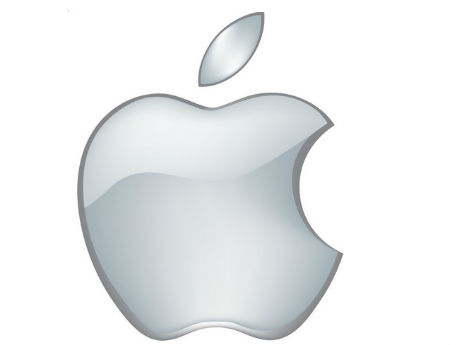Apple Opens Up ‘HomeKit’
The smarter way to stay on top of the multichannel video marketplace. Sign up below.
You are now subscribed
Your newsletter sign-up was successful

In an anticipated move that will apply pressure on cable’s home automation and security efforts, Apple on Monday introduced a common software platform called HomeKit that will enable iPhone and iPad users to remotely lock their doors, dim and brighten lighting, control cameras, and handle other home-side functions.
The debut of HomeKit, made at Apple’s Worldwide Developers Conference, was short on detail, but the CE giant said HomeKit will be integrated with Apple’s voice-based Siri personal assistant, offering users another way to activate and tweak those home systems. Using Siri to tell the HomeKit-powered system to “get ready for bed,” for instance, could activate a series of predetermined functions such as locking doors and turning off or dimming lights in the consumer’s home.
Apple didn’t announce its full set of partners (Philips Lighting is among the companies that’s already on board) or anticipated pricing, but revealed HomeKit amid a flurry of announcements tied to its new operating systems for iOS devices (iOS8) and Macs (OS X, dubbed “Yosemite”).
The introduction of HomeKit, which follows Google’s $3.2 billion acquisition of smart thermostat maker Nest and plays into the larger Internet of Everything (IoE) trend, will presents new competition for several cable operators, including Comcast, Cox Communications, and Time Warner Cable, that have launched home security and automation in tandem with iControl, which bases its platform on a customized version of Android and has created an open environment for both third-party app developers and device vendors. Many of those MSOs have also launched home automation and security apps that run on iOS- and Android-powered smartphones and tablets.
In an announcement that might have some future TV Everywhere implications, Apple also announced that with the launch of iOS8 it is also opening up access to TouchID, its fingerprint-based authentication system, to third-party developers. Apple noted that TouchID protects logins and other user data, and keeps the fingerprint data itself protected inside the A7 processor, meaning that information is never exposed to third-party apps or other parts of the system.
Apple also introduced a new feature for iOS 8 called “Family Sharing” that lets up to six family members share purchased apps, videos, photos, reminders and calendars. In another new twist, the Family Sharing feature can also be configured so parents can be alerted (and allow permission) when a child in the family tries to make a purchase at the App Store.
Notably, Comcast has developed a similar app for iOS and Android devices called FamilyPoint that lets families share calendars, voice messages, text messages, receive automated location alerts when members of the family have reached home, work or school. The latest version of the app lets family members send “TV Sticky Notes” to boxes that are powered by Comcast’s new IP-capable X1 platform.
The smarter way to stay on top of the multichannel video marketplace. Sign up below.
Much of Apple’s two-hour presentation played up new continuity features that enable iOS and Mac OS apps to talk to each other and share files and other data across multiple devices, while also tackling features that are offered on the competing, but more fragmented, Android platform.
Among the new features in Yosemite is the ability to playback HTML5-based premium video from Netflix and other OTT sources without a plug-in, which can boost the computer’s battery life by about two hours, Apple said.
Apple CEO Tim Cook also released some updated iOS related figures: Apple’s sold more than 800 million iOS devices, including north of 200 million iPads, 500 million iPhones and 100 million iPod Touch devices.
Apple’s App Store, meanwhile, has about 1.2 million apps available, and hosts 300 million visitors per week. Roughly 75 billion apps have been downloaded so far.
Taking one of several jabs at Android, Cook said 89% of the iOS base are now running iOS7, the current version (iOS8 will become available in the fall), while just 9% of users in the Android ecosystem have updated to KitKat, its latest OS.
